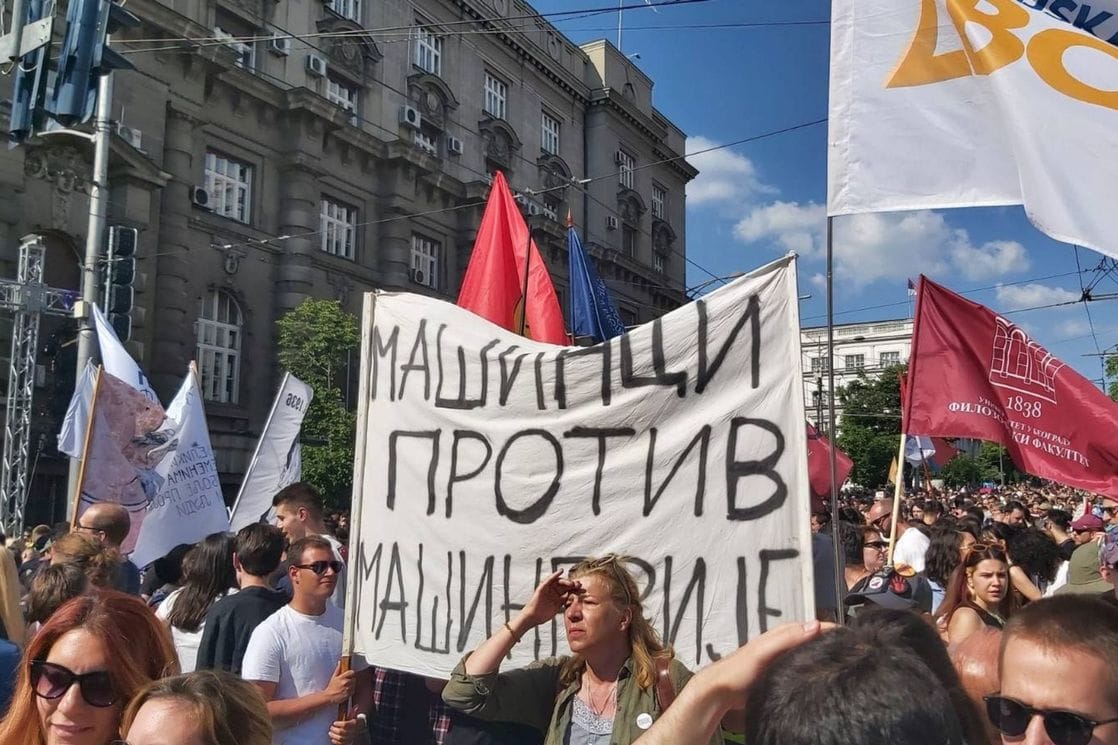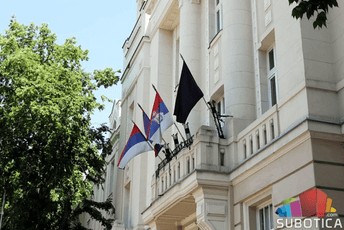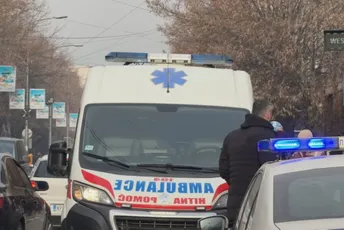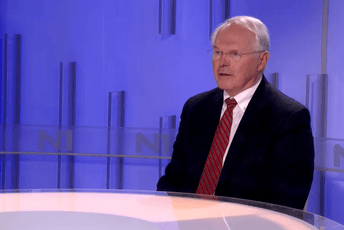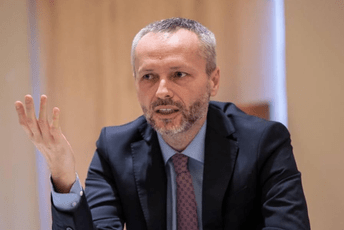The main topic of the article concerns the blockade of classes at universities in Serbia, where students block the operation of faculties, leading to the cancellation of professors’ salaries and a shift to online or asynchronous teaching. The government has cut professors’ salaries due to the inability to conduct classes, while students and professors remain divided over resuming work. The blockades are supported by part of the academic community, and the situation is portrayed as a struggle between the government and the academic community, emphasizing the financial and moral consequences for professors and students. Teaching is conducted in a simulated manner, with minimal real contact between professors and students. This situation is seen as a prolonged conflict with potential consequences for the educational system and society as a whole.
Political Perspectives:
Left: Left-leaning reports emphasize the struggle of professors and students against an oppressive government that has cut salaries and undermined education quality. They highlight the solidarity among students and faculty and criticize the government for its harsh measures and neglect of education.
Center: Center-leaning reports present a balanced view, acknowledging the challenges faced by both students and professors. They focus on the administrative and financial difficulties, the need for dialogue, and the impact on the education system, without strongly blaming any party.
Right: Right-leaning reports tend to criticize the students for blocking education and causing disruption. They emphasize the government’s efforts to maintain order and the necessity of continuing education, portraying the blockades as harmful and irresponsible actions that hurt the country’s progress.
